Ever find yourself in the middle of an argument between friends, family, or co-workers? You are the person they come to with their problems asking for advice and you lend a listening ear. You try to help by being the go-between since they can’t seem to talk with each other. Now you find that the focus of their anger is on you. Triangulation is when one person acts as the messenger between two people who will not communicate directly with each other thus making the triangle. While well meaning, being the messenger allows the two people in conflict to avoid taking responsibility for their emotions and behavior. They can hide behind the proverbial ‘elephant in the room’. As long as they avoid talking directly to each other, the conflict will not be resolved.
As the messenger, you cannot win in this situation. You can, however take yourself out of the equation and insist they talk directly to each other to get the situation resolved. It takes courage and persistence to stay firm with your decision as each party will try to draw you back into the equation. They may become angry with you for not participating but that is usually better than being blamed for making it worse by misrepresenting their position.
Whether supervising employees, or dealing with family and friends, the first question to ask when someone comes to you wanting your help is “did you go talk to ____ about this?” If they have not, suggest they try this approach first and remind them that it could be a simple misunderstanding.
If you are supervising a situation where two employees cannot resolve their issue on their own, ask both employees to meet together in your office. If you meet alone with them, it can be misinterpreted as favoritism or you may find yourself being manipulated by one or both. Let them do the talking and if they address you, tell them to speak directly to the other person about their concern. You are there as a guide for them to safely discuss the problem. It may take several meetings to get to the root cause of the dispute but it can save the relationship. The same process can be used with family and friends.
To have successful conversations you need to know when to listen and when to ask probing questions. Whether it’s a coaching or confronting conversation, contact Jean Brownlie at [email protected] for more information.
